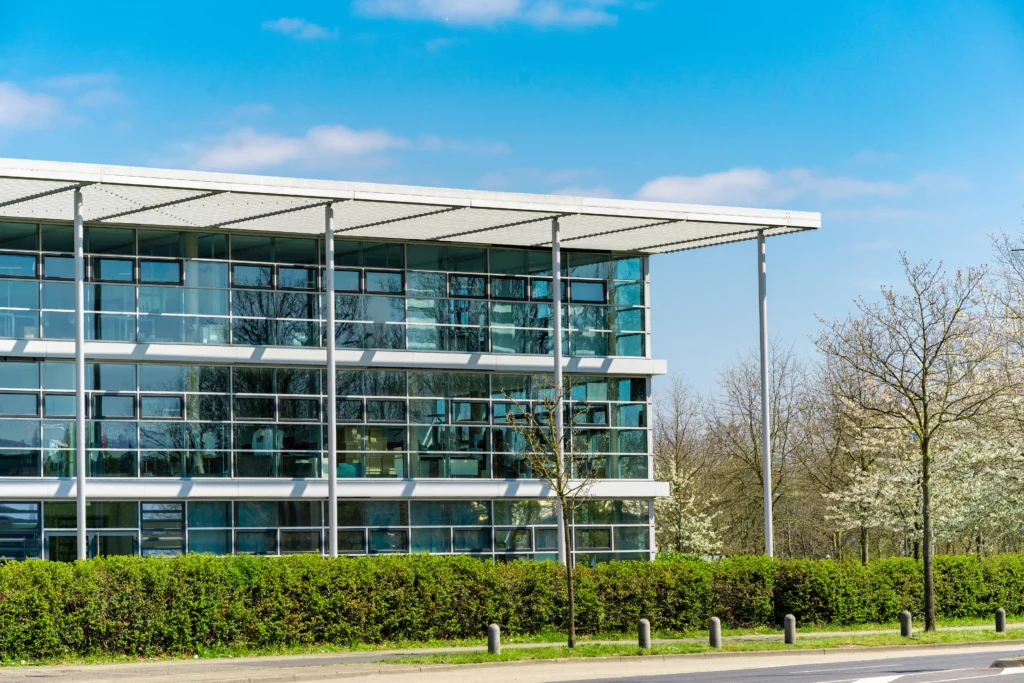Powerful Tax Incentives for Energy Efficient Projects
The 179D tax deduction offers a powerful financial incentive for installing qualifying building systems that reduce energy consumption. Energy-efficient construction projects are ideal candidates for the 179D deduction. Also, energy efficient retrofits or rehabs of older buildings also qualify for the deduction. The rules even provide a financial incentive to tax-exempt organizations looking to make their facilities more energy efficient.
The 179D tax deduction has been in effect since January 1, 2006. It was made permanent in 2021. Recent updates to the tax law have expanded the scope and benefit of the deduction.
As of 2024, the 179D deduction is as high as $5.65 per square foot, depending on the facts and circumstances of the project.
Eligibility for the Section 179D Deduction
Here is a list of who may benefit from the 179D deduction:
- Owners of commercial buildings
- Owners of residential buildings that are at least four stories tall
- Governmental entities, tax-exempt organizations, Indian tribal governments and Alaska Native corporations.
- Architects, MEP firms (mechanical, engineering and plumbing) and design-build contractors
- Real estate investment trusts (REITs) and their shareholders
Governmental and other tax exempt entities benefit from 179D by allocating the cost of the energy efficient portion of the project to the building designers, who may benefit from the additional tax deductions. The allocation may be used to negotiate pricing incentives on the construction project. Governmental and tax exempt organizations with a substantial amount of real estate, such as universities, hospitals, and religious organizations, may find the allocation of deductions to building designers to be particularly beneficial.
Components that Qualify for the Section 179D Deduction
To qualify for Section 179D deductions, expenses must be for energy-efficient components. Qualifying components must be installed as part of the:
- Interior lighting systems (exterior lighting does not qualify)
- Heating, cooling, ventilation (HVAC) and hot water systems
- Building envelope (such as windows and roofing)
Note that taxpayers with these expenses must get a certification from a qualified engineering firm in order to qualify for Section 179D deductions.
Next Steps for Section 179D Deductions
Building owners who have incurred energy reduction expenses are welcome to give us a call to discuss the mechanics of Section 179D deductions. We will be happy to do a cost/benefit analysis for you to determine the potential impact of 179D.
We do the same for architectural, engineering and design-build firms that are hired for projects with energy reduction components.
Massey and Company CPA is a boutique tax and accounting firm serving individuals and small businesses in Atlanta, Chicago and throughout the country. Our services include tax return preparation, tax planning for businesses and individuals, IRS tax problem resolution, IRS audits, sales tax, and small business accounting and bookkeeping.
Feel free to reach out to us by email at gary.massey@masseyandcompanyCPA.com. Or by telephone at 678-235-5460.

